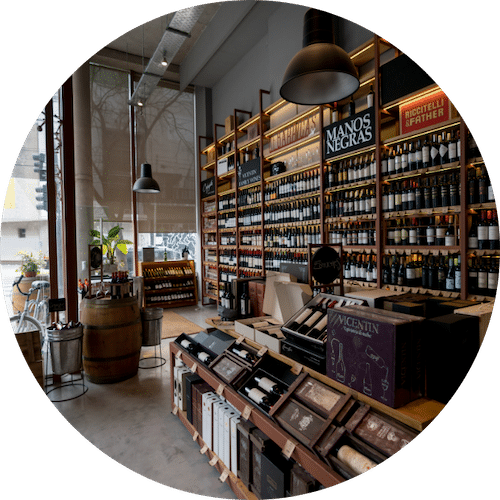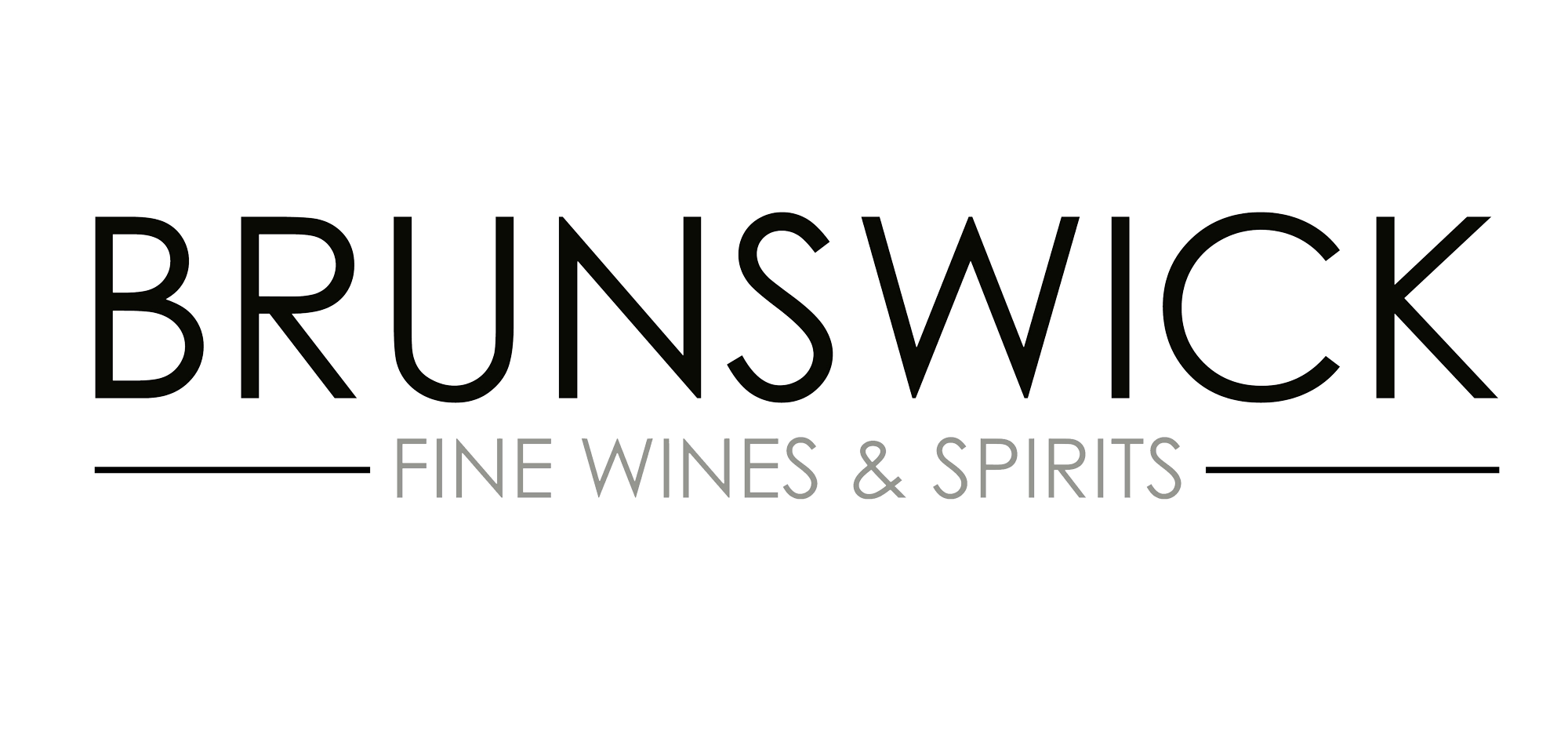How to start a wine business

This practical guide for starting a wine and spirits business includes fundamentals, strategies, a free financial planning template and hands-on advice from those successfully working in the industry right now.
A must-have tool-kit providing much of what you will need to become a successful wine merchant, retailer, importer or agency business.
The right time to start a wine business
In the last couple of decades, the wine and spirits market has expanded globally, driven by independent wine producers and speciality spirits. eCommerce has grown significantly, alongside emerging B2B platforms, while consumer digital channels show promise.
Despite challenges like market volatility, fluctuating interest rates, and periodic squeezes that impact discretionary spending by consumers, opportunities abound for newcomers with clear strategies. Amidst change, the enduring appeal of wine as both an epicurean aesthetic and luxury item endures, attracting foodies, hedonists, investors and entrepreneurs.
If you’re thinking about becoming a new entrant, this guide is for you. Santé!
Establishing who you are
Purpose
Define your purpose and a go-to-market proposition. In a noisy competitive world, being crystal clear about who you are and your ability to describe what that is, matters.
Build a picture (persona) of each target market or segment by characterising who they are, and why they’re going to be drawn to your proposition in particular.
What are your differentiators and therefore your right to compete?
Here are a few top-of-head examples:
- Relationships with sources of supply
- Customer experience
- Distinctive offering
- White glove/ advisory service
- Nature of your online proposition
Operating Model
Then consider the following business operating models and ask yourself how suited each is to your proposed offering.
Define your business as one or more of the following and describe what it means in terms of market positioning. Think about whether you see yourself as being a traditional operating model similar to existing market participants, a challenger or a disrupter and describe what makes you so.
- Importer
- Agency
- Merchant
- Broker
- Retailer
- Investment Business

Wine Inventory Choices and Working Capital Intensity Profiles
The following type of wine inventory choices describe the fundamentals of what product proposition is going to best support your business goals, or what mix of stockholding strategies you believe are optimal for your operating model, which also speaks to your approach to working capital (cash).
The relative merits of being a stockholder, or holding next to no stock in your own name, or determining a middle ground based on specific use cases, will in large part be a reflection of how you position your business.
Stockholder
Ties up capital, potentially allows for higher margins if the nature of the stock list allows you to keep enough stock back to release when everyone has sold through. Opens up pretty much all market segments to be serviceable by you, including consumers, on-trade, and other wine businesses.
Virtual Stockholder
Frees up capital, potentially allowing more money to be invested in people and marketing (all else being equal). Enables your business to offer a vast amount of SKUs, defines who you sell to because of delivery times. Requires management of stock feeds and a focus on margin management to ensure customer acquisition doesn’t become loss-making.
Blended Stock Strategy
Typically a stockholding core list augmented with virtual sources of supply, allowing for experimentation, enables a business to respond to what’s selling well at any given time. Encompasses the virtues of a stockholder and virtual stock model, and provides a degree of diversification in support of reaching a broader addressable market whilst still attaining gross margin goals.
Consignment/Brokerage
Characteristically similar to virtual stock (because the stock isn’t on your balance sheet) but in practice different due to you taking the primary margin and advising clients on secondary market pricing and market health.
Whilst there are plenty of wine businesses who strongly adhere to the merits of being a stockholder, there are rather few who adhere to a pure-play virtual stock model. At a very high level, here we propose some of the relative merits of the various models.
Insider Tips
Tom Mann, MD of wine merchant Mann Fine Wines and Violaine Manac’h, Co-founder of wine importers Halo Wines, have both started a wine business in recent years and could not have done it without help. Hear what they have to say.
Planning your wine business

When we spoke to wine business owners and asked them what they’d do differently at the start up phase if they were to begin all over again, most of them wished they’d done more planning. They felt that more preparation would have provided a faster start and may have honed assumptions and provided a sharper point of market focus.
Research
A key planning step is validating your assumptions with quantitative and qualitative data.
Complete quantitative research online, use free AI tools like ChatGPT and gather free summaries from research sources like Neilson, Statistica, CBI Business Intelligence. You may be able also to validate some assumptions about the size and success of competitors you benchmark yourself against using subscription services such as Data Gardener.
If you’re getting money from backers, this data is useful to describe the size of the market, and to validate why there’s plenty of room for new entrants even where there’s lots of competition.
Qualitative research is arguably the most important research activity when serving highly fragmented markets, and will include discussing assumptions with potential customers who are verified as being squarely within your serviceable addressable market, finding out what their positive and negative experiences are, where they feel underserved, and which needs carry a higher priority in their minds than others.
Using email platforms to capture the research results that offer questionnaire functionality, or using a market research platform will help quantify the results rather than just relying on intuition. You can create your questionnaire and conduct your own analysis using an email tool like Survey Monkey or go to a market research expert, many of whom have their own platform and will conduct analytics for you. We also like QuMind.
Forecasting
Reviewing numbers based on assumptions and flexing those numbers according to your ‘what ifs’ is an essential planning step to verify whether your ideas are as strong as you think they are. It’s a great way to sense check assumptions and model the results of the first few periods’ income, gross margin and net profit in relation to the top line. Forecasting further out becomes rather more hypothetical with future scaling up.
Simple business forecasting comprises sales, cost of goods, gross margin, expenditure, and net profit before and after tax.
A good place to start your ‘what ifs’ is around expected gross margins since that speaks to how important it is to engineer your business to generate a strong bottom line. Based on expected gross margins and operating costs, how profitable is your business likely to be?
Creating a business planning financial model that allows you to flex assumptions is not straightforward, so we’ve created one for you!
Remember to also grab the user guidelines here for a step-by-step guide on how to best use our exclusive template.
Grab your FREE Financial Planning Template
Be one step ahead by working through P&L forecasting assumptions and ‘what ifs’, using this free financial planning template.
Insider Tips
Gilles Corre, MD of Asset Wines and James Sowden, Director of Cavendish Wine, cannot stress enough the importance of stock management when running a wine business. From logistics to informed buying decisions, listen to the wise words of these two wine business experts.
Get started with your startup checklist
Leave no stone unturned and avoid delays by using our start up checklist, created specifically for new wine businesses.
Choosing the right technology
Why Invest in Technology Early?
You might think, “Why worry about technology until I know my business will succeed?” It’s common to start with basic tools like an accounting package and a spreadsheet. However, delaying a shift to a dedicated inventory management platform designed for the wine and spirits industry can actually be a costly choice. Here are two main reasons why:
Accuracy and Efficiency from Day One
A wine-specific inventory management system can handle all stock positions (physical, due, consigned, and virtual), which helps prevent expensive errors. For example, industry expert Bud Cuchet from Cuchet & Co. saw significant savings after switching to Wine Hub shortly into his business journey, thanks to fewer inventory mistakes.
Minimize Disruptive Migration Costs
Moving to a specialized platform after you’ve started trading often requires significant time and resources to migrate data, especially as your business grows and inventory history accumulates. Established businesses with complex stock and order histories find it challenging and costly to make the transition later.

Choosing Software
As a start up, you’re in an enviable position to launch with a clean slate. Starting on a scalable platform that can grow with your business will save money and reduce risk in the long term. Choose a business management platform, sometimes called ERP, to manage your operations, core workflows, and sales channels. This route will allow you to start on an affordable package and leverage more functionality as you grow.
Our Choosing Wine Industry Software Guide is an in-depth resource made specifically to help this selection process and very worth a read for a new wine business. It includes a free downloadable checklist so no stone is left unturned as you discover which software is best suited to your wine business.
Consider Your In-House Capabilities
Evaluate your internal capabilities. If you don’t have in-house project management and technical expertise, choose an industry-standard platform that doesn’t require complex adaptations or customizations. Custom software is typically selected by large companies with established ways of doing things. While these ingrained processes may not always be optimal, large teams are often accustomed to them and may resist change.
Determining Your Online Strategy
Plan your online strategy early, ensuring your digital presence is fully integrated with your inventory and order processing systems. This is crucial in the wine industry, where rock-solid stock reliability is essential for building trust with customers.
Operating Efficiency and Growth
Software should empower your business, not constrain it. We recommend quantifying the benefits of adopting specialized software, as we demonstrate in our business financial planning template (above) using a hypothetical fine wine merchant.
Software Evaluation: Cross-Industry or Industry-Specific?
A common question is whether to opt for cross-industry software with general applications (like accounting and marketing) or an industry-specific solution tailored for wine and spirits. This is especially important for stock management.
A critical question to consider: Can this software manage all the inventory types I need for my business model and stock range?
We believe that industry-specific software, designed to cater to wine businesses, offers an immediate return on investment and aligns well with the unique needs of wine and spirits start ups. Choosing a scalable platform from the start means your software grows with you, adapting to your needs as you expand into a thriving enterprise.
The shift of software into The Cloud and the provision of software as a service (SaaS) changed the landscape of business management operating platforms, because integration via APIs became a lot easier. That means it’s now possible to choose highly adapted software just for those aspects of a business where it’s needed, and connect to best in class software for everything else.
Read about the evolution from ERP to digital operating platforms (DOP), a term coined by tech consultancy Forrester Research.
Insider Tips
Should you be considering launching a wine and spirits business, we hope this guide helps give insight and raise questions to help you confidently pursue your entrepreneurial dream. This industry is very special in how it supports one another, so don’t be afraid to ask industry bodies, ourselves and other wine businesses for advice.
We’ll also be adding to this guide ongoing, as we collect more insider tips, advice and resources, so check back again for new valuable content.
Good luck with your new venture!



